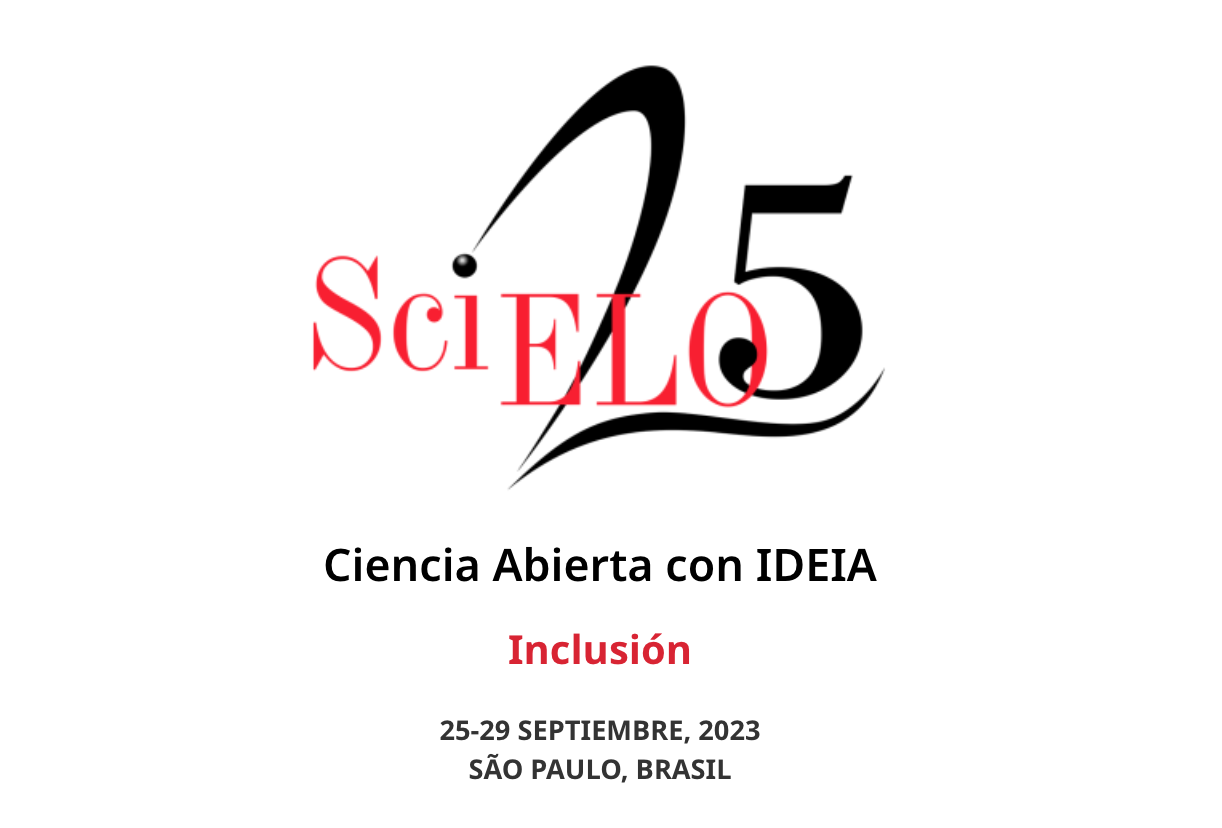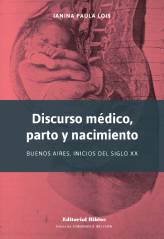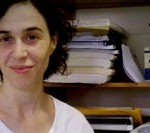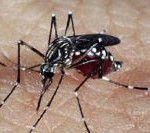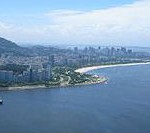Aug 2015
JULIANA SAYURI | Revista Pesquisa Fapesp

German scientists in 1937 celebrating the 80th birthday of Bernhard-Nocht (highlighted, at front), founder of the Hamburg Institute of Marine and Tropical Diseases. Also among the celebrants was Rocha Lima (highlighted, back).
During the 1936 Olympics in Berlin, the German city hosted more than just tourists and delegations of athletes. The “new” Germany also received its first Latin American students, who were drawn to the country to attend courses, participate in conferences, and visit medical institutions. In the years that followed, the number of study tours grew to the point where students began arriving on an itinerant basis.
Young Brazilians, especially those from the São Paulo School of Medicine, visited hospitals, laboratories and government agencies through medical-diplomatic missions, which, at the time, were under the aegis of Nazi-party government ministries. A number of these student missions were sponsored by the German-Iberoamerican Medical Academy. Founded in 1935, the academy sought to foster relations between medical institutions in Germany and countries in Latin America.
“Medicine played an important role in these diplomatic relations because of its great international prestige, even though it was not an obvious tool for cultural propaganda,” says historian André Felipe Cândido da Silva of the Casa de Oswaldo Cruz/Oswaldo Cruz Foundation (COC/Fiocruz), adding that “under National Socialism, medical institutions in Germany were among the most closely aligned with the new regime.
From their vantage point as representatives of the academic sector, physicians served as enthusiastic spokesmen for the fervent nationalism that prevailed; and, with its interest in strengthening ties with foreign clients, the pharmaceutical industry also played a part in this dynamic.” During his post-doctoral research at the School of Philosophy, Literature and Human Sciences of the University of São Paulo (FFLCH-USP), Silva examined the role of science in German cultural diplomacy between 1919 and 1950, with a focus on the decade of the 1930s. Cultural diplomacy is understood to mean the German effort to foster cooperation between diplomats and scientists, as well as universities, businesses, shipping companies, and other actors.
Read the full story
Read articles of the historian André Felipe Cândido da Silva already published in HCSM:
Silva, André Felipe Cândido da. Um brasileiro no Reich de Guilherme II: Henrique da Rocha Lima, as relações Brasil-Alemanha e o Instituto Oswaldo Cruz, 1901-1909. Hist. cienc. saude-Manguinhos, Mar 2013, vol.20, no.1, p.93-117. ISSN 0104-5970
Silva, André Felipe Cândido da. Um brasileiro no Reich de Guilherme II: Henrique da Rocha Lima, as relações Brasil-Alemanha e o Instituto Oswaldo Cruz, 1901-1909. Hist. cienc. saude-Manguinhos, Mar 2013, vol.20, no.1, p.93-117. ISSN 0104-5970
Silva, André Felipe Cândido da. A trajetória de Henrique da Rocha Lima e as relações teuto-brasileiras (1901-1956). Hist. cienc. saude-Manguinhos, Jun 2010, vol.17, no.2, p.495-509. ISSN 0104-5970
Silva, André Felipe Cândido da. Yes, nós temos Pasteur. Hist. cienc. saude-Manguinhos, Set 2009, vol.16, no.3, p.827-832. ISSN 0104-5970
Benchimol, Jaime Larry and Silva, André Felipe Cândido da. Ferrovias, doenças e medicina tropical no Brasil da Primeira República. Hist. cienc. saude-Manguinhos, Set 2008, vol.15, no.3, p.719-762. ISSN 0104-5970
Silva, André Felipe Cândido da. A campanha contra a broca-do-café em São Paulo (1924-1927). Hist. cienc. saude-Manguinhos, Dez 2006, vol.13, no.4, p.957-993. ISSN 0104-5970





